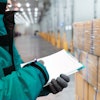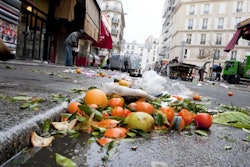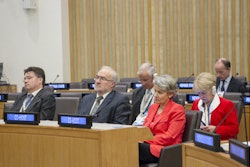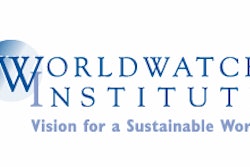
In the last few decades, globally, scientists and cultivation experts continued to pursue glorious successes—to increase crop yield and farm-gate productivity. The fact that, in matters of food, first-mile productivity is of no avail unless it translates at the finish line, had escaped that euphoria of producing more. A resultant demand-supply mismatch emerged across agricultural commodities, contributing to wide-spread food loss and a crisis in managing the output that goes waste.
As per Food and Agriculture Organization reports, worldwide food lost and wasted equals one-third of the total food produced. This means about 1.3 billion tons food is discarded every year, due to post-production spoilage because of lack of farm-to-market connectivity, in-transit loss, and some that is thrown away and wasted in the hands of end users.
This quantum of food loss and waste (FLW) is also associated with about 0.5 gigatons of CO2-equivalent greenhouse gases, which adds to global warming. Unless corrected, these emissions can go up five-fold by 2050, according to a study by the Potsdam Institute for Climate Impact Research. While pockets of the globe go hungry, one-third of what is produced decomposes into greenhouse gases heating up our atmosphere.
To read the full story, please click here.















